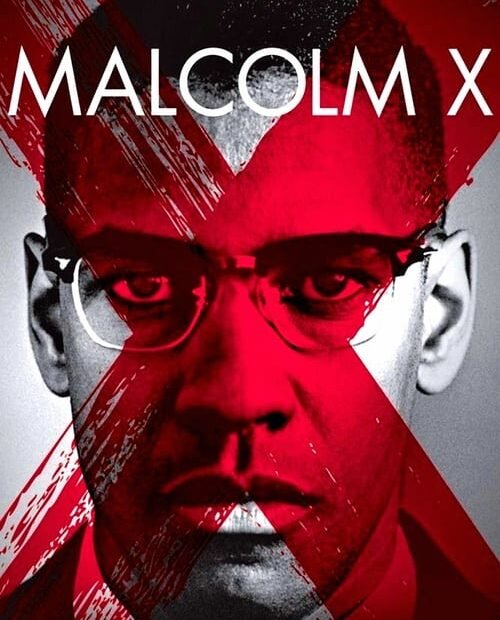Malcolm X: A Life of Extremes and Eyebrow-Raising Transformations
Welcome to the riveting, rollercoaster ride that is Malcolm X—a film that serves as both a biopic and an intense history lesson, all wrapped up in a package that screams, “Look at how far we’ve come!” Spoiler alert: it’s not as far as we’d like to think.
Our story begins with a young Malcolm Little, who is about as charming as a bag of rocks. His childhood is a delightful mix of racism, family tragedy, and an early introduction to the concept of “I can’t even.” After some formative experiences that include his house being burned down by the KKK (because why not?), he decides that a life of crime is the way to go. Because, really, who hasn’t thought, “I should totally become a hustler!” at some point?
Fast forward to Malcolm’s time in prison, where he discovers the joys of reading—because, let’s face it, the prison library has way more to offer than the local neighborhood. Here, he transforms into a devout Muslim and adopts the name Malcolm X, because “Little” just doesn’t have the same ring to it. He’s all about redefining himself and embracing his African heritage, which is a far cry from being a petty criminal. Take that, past self!
Once he’s out of the slammer, Malcolm becomes a fiery spokesperson for the Nation of Islam. His speeches are so electrifying that you’d think he was the headliner at a rock concert. He’s all about self-determination, empowerment, and scaring the bejeezus out of white folks everywhere. His charisma is off the charts, and he’s not afraid to throw shade at anyone who disagrees with him. You might say he’s the original influencer—minus the Instagram filter.
But hold onto your hats, folks, because the plot thickens! Malcolm’s journey isn’t all smooth sailing. He starts to have some serious ideological differences with the Nation of Islam, particularly with its leader, Elijah Muhammad. This leads to some tense moments that are the equivalent of a family reunion gone horribly wrong. Spoiler: it’s not going to end well.
In a dramatic twist worthy of a Shakespearean tragedy, Malcolm is ultimately assassinated in 1965. Surprise! It’s a devastating moment that leaves audiences with a mix of anger and sadness—like watching your favorite character get killed off in the first season of a beloved show. His death isn’t just a plot point; it’s a stark reminder of the intense struggles faced by those who dare to challenge the status quo.
In the end, the legacy of Malcolm X is one of pride, determination, and the undeniable truth that fighting for justice comes with a hefty price. He leaves us pondering the complexities of race, identity, and the never-ending quest for equality. So, if you’re looking for a film that’s a little heavy on the feels but rich in history, this one’s a slam dunk. Just don’t expect a happy ending—unless you’re into that whole “inspiration from tragedy” thing.
So there you have it: a life filled with contradictions, a fight for justice, and an ending that’ll have you questioning everything. Cheers to Malcolm X, the man who turned his life around in a way that would make any self-help guru weep with envy.
